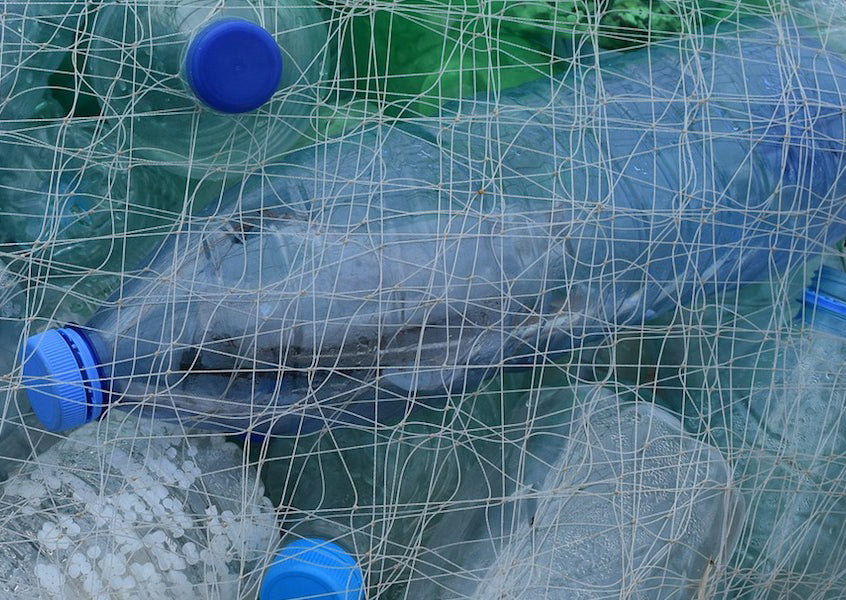6 Simple Ways to Make the Switch From Plastic
| updated:Share

Did you know that 50% of plastic humans consume is single-use? That’s a lot of plastic. And the sad part is, a lot of single-use plastics can’t even be recycled, making it even harsher for the planet. On top of pollution, plastic can also leach chemicals into products when scratched or heated. These chemicals, BPA being the most popular, when consumed, have been linked to increased levels of estrogen (which affect both humans and fish) and even cancer. So not only is plastic filling up our landfills, but it’s contaminating our consumables and causing illnesses. If those facts disturb you and you want to do something about it, here are six easy ways to reduce plastic use in your and your family’s life.
Swap plastic toys for wooden ones
When it comes to babies and kids, one of the biggest changes you can make is switching out their toys from plastic to wood. Because reducing plastic use is becoming an increasingly popular subject, there are lots of options for incredible wooden toys. By making this change, you’re not only saving tens of pounds of plastic, but you’re also keeping your children away from the harmful effects of chemical leaching in the event a toy becomes scratched. A win-win, and still fun for your child!
Say no to straws
Straws are a hot topic among the eco-friendly. In fact, just in America alone 500 million drinking straws are used every day. To put this in perspective, that many plastic straws could fill up over 125 school buses in one day. Simple alternatives include paper straws or reusable metal straws that you can put in the dishwasher and reuse for years to come. Yes, please!
BYOB (bring your own bags)
One of the easiest changes to incorporate into your lifestyle is reusable grocery bags. A lot of grocery bags end up in the water, which fish are consuming and becoming trapped in. No one likes the sound of that. It’s actually predicted that by 2050 there will be more plastic in the world’s oceans than fish. The time to start making this change is now. Just keep a stash in your car and in your front closet so there’s never a #mombrain moment.
Upgrade to glass bottles
Whether your house is full of plastic baby bottles or water bottles, donate them and start using glass only. Glass bottles are something you can recycle should you ever need to replace or want a new one. Also, keep in mind the products you buy and whether or not they’re bottled in plastic. If there is a brand with a glass alternative, make the switch!
Beyond bottles, you could also swap out your plastic Tupperware for glass if you want to take it a step further. Using glass can also alleviate concerns of plastics leaching into your food and drink.
Bring your own coffee mug
Coffee cups are one of the worst culprits (right next to straws). This one is kind of tricky, though, because a lot of people think to-go coffee cups are made of paper and can be recycled or composted. Unfortunately, that’s far from the truth. Most takeaway cups are made of a card-plastic combo, making them virtually non-recyclable. As a solution, pick up a glass mug and don’t be afraid to bring it with you to your favorite local coffee shop. Keep an extra in your car, too.
Grow your own produce or buy produce that isn’t pre-packaged
And finally, reducing your consumption of pre-packaged produce makes a big difference. Think of all the bags of lettuce or pre-cut veggies found at the grocery store. Usually, none of that plastic is recyclable, and even if it is, plastic is not biodegradable This means it will sit in a landfill or blow around as trash for hundreds of years to come. When picking up produce at a grocery store, choose not to use a plastic bag, and when possible, buy your food in bulk and bring your own containers.
Ninety-three percent of Americans ages six and older test positive for BPA. This means we’re consuming the harmful chemicals found in plastics. If you want to join the fight in reducing this number and pollution, make these six swaps today. Your effort means so much more to our health and planet than you know!


